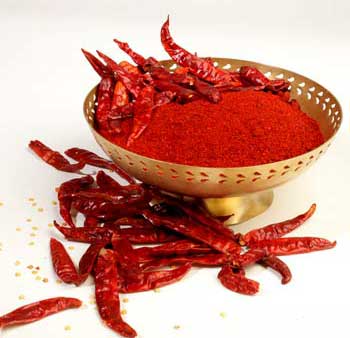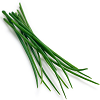Last Updated on August 19, 2021
Herbs, spices & flavorings commonly used in the Israeli & Middle Eastern kitchen – a picture dictionary.
Hebrew: המטבח הישראלי הים תיכוני – תבלינים

Tonight you might grind a bit of pepper onto your salad or use it to perk up a steak, but did you know pepper was once so valuable that it could be used to pay the rent. Pepper, along with other spices such as cinnamon, cloves and nutmeg, were used for flavoring food. They were also used for making perfume, embalming the dead, preserving meat and sprucing up salve recipes in traditional medicine.
Israel’s flavors are drawn from the Mediterranean, Middle-Eastern and European kitchens. These are some of the herbs and spices that are most popular in the Israel and you will find them in abundance in the markets and on supermarket shelves.
- Best time to buy fresh garlic
- Shakshouka and boerekas are popular Israeli foods. Enjoy them with limonana and malt beer
- Aromates, épices et arômes couramment utilisés dans la cuisine israélienne et orientale
The English word is followed by the Hebrew transliteration and then the actual Hebrew word.
|
|
|
|
||
|
Aniseed – Anis – אניס |
Baharat – Baharat – בהרט |
Basil- Bazilikum – בזיליקום |
||
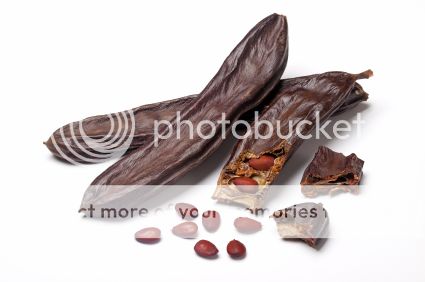 |
||||
|
Bay leaves- Aley Dafna – עלי דפנה |
Caraway – Kimel – קימל |
Carob – Haruv – חרוב |
||
|
|
|
|
||
|
Cardamon – Hel – הל |
Cayenne Pepper – Pilpel Harif – פלפל חריף |
Celery- Selery/Karpas – סלרי / כרפס |
||
|
|
|
|
||
|
Chilli – Pilpel Adom/Chili – פלפל אדום
|
Chives – Irit – שום העירית
|
Cinamon – Kinamon – קינמון
|
||
|
Cloves – Tzipporen – ציפורן |
Coriander / Cilantro – Kusbara – כוסברה |
Cumin – Kamun – כמון |
||
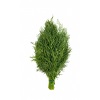 |
 |
|||
|
Dill – Shamir – שמיר |
Fennel – Shumar – שומר |
Garlic – Shum – שום |
||
| |
 |
|||
|
Ginger – Zingavil – זנגביל |
Hawaij – Hawaij – חוויאג׳ |
Horseradish- Hazeret – חזרת |
||
 |
 |
|||
|
Lemon verbena – Limonit – לימונית |
Lime – Lime – ליים |
Mace – Klipat HaMuskatit – קליפת המוסקטית
|
||
 |
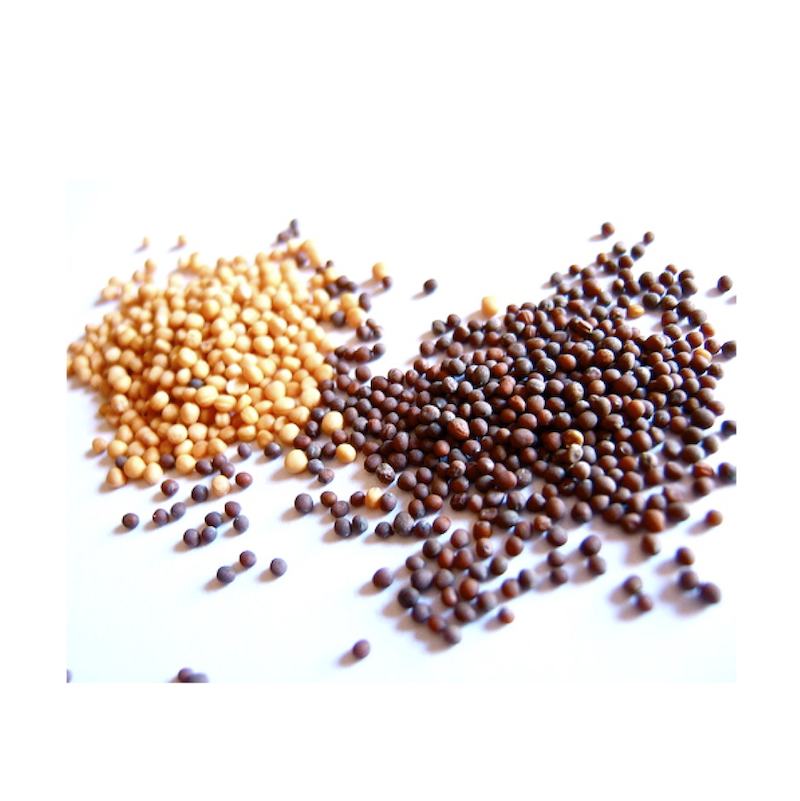 |
 |
||
|
Mint – Menta/Nana – נענע |
Mustard – Hardal – חרדל |
Nigella seeds – Katzach – קצח
|
||
|
Nutmeg – Egoz Muskat – אגוז מוסקט |
Oregano – Oregano – אורגנו |
Paprika – Paprika – פפריקה |
||
 |
 |
|||
|
Pepper – Pilpel – פלפל |
Parsley – Petroziliya – פטרוזיליה |
Pimento (Allspice)- Pilpel Angli – פלפל אנגלי |
||
| |
 |
 |
||
|
Rosemary- Rozmarin – רוזמרין |
Saffron – Zafran – זעפרן |
Sage – Marva – מרווה |
||
| |
||||
|
Salt – Melach – מלח |
Sorrel – Hamtzitz – חמציץ
|
Sumac – Sumak – סומאק
|
||
| |
||||
|
Thyme – Temin – טימין |
Turmeric – Kurkum – כורכום |
Vanilla – Vanil – וניל |
||
 |
||||
|
Zaatar – Zatar – זעתר |
Fresh herbs are plentiful in the markets. Parsley, coriander, mint and others are sold in large bunches often for only one shekel on Friday afternoons. There is nothing to beat the flavor of fresh herbs, but for the most part, we land up throwing most of the bunch out after a few days. We’ve found a way to store them. Take your herbs, rinse them off under the tap, you can cut of the stalks if you want, chop them finely (or in the food processor), add a drizzle of olive oil, fill an ice-tray with the chopped herbs (ice-trays that have lids) cover the ice-tray and freeze. When needed take a cube or two and add them to your food during cooking. Obviously this technique is not appropriate for decorating a plate of food or where fresh herbs are called for but they are fine in soups and stews.
- Make your own Baharat with this recipe
- Follow the train of the humble chickpea to a delicious plate of hummus
- Traditional, kosher recipes for the Jewish holidays
Join us on a a virtual tour through Jerusalem’s Mahane Yehuda market




